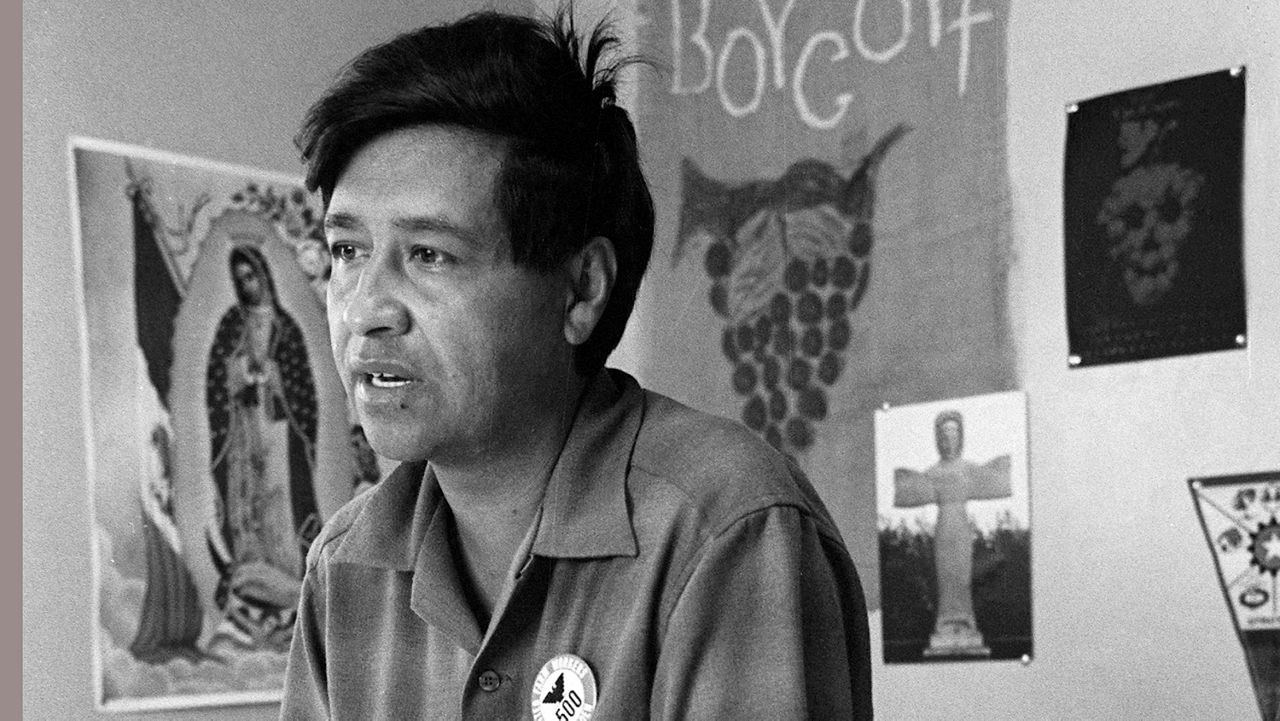LOS ANGELES (CNS) — Board of Supervisors Chair Hilda L. Solis urged Los Angeles County residents to honor the legacy of Cesar Chavez "by being of service to others" Wednesday on the state holiday honoring the late labor leader.
"Despite the pandemic, there are plenty of opportunities to stay engaged in local community -- volunteering at food distributions, donating blood and supporting a local business to name a few," Solis told City News Service.
Solis called Chavez "an extraordinary man who saw injustice and decided to do something about it."
"It is because of his collective efforts with the United Farm Workers that they fundamentally improved the way workers were treated in this country," Solis said.
Chavez co-founded the National Farm Workers Association in 1962 with Dolores Huerta. The union merged in 1965 with the Agricultural Workers Organizing Committee to form the UFW.
Chavez, an advocate of nonviolence, is best remembered for spearheading a grape boycott in 1965 that went nationwide in 1968 and lasted until 1978, resulting in higher wages for farm workers and focusing national attention on their plight.
Chavez and the UFW played an instrumental role in the passage of the California Agricultural Labor Relations Act in 1975, which made California the first state to give farm workers the right to seek union representation and bargain collectively within an established legal framework.
Born March 31, 1927, in Yuma, Arizona, Chavez dropped out of school after the eighth grade to help support his family by joining them in the fields as a migrant farm worker, witnessing the many adversities those workers faced daily.
Chavez died in 1993 at age 66.
Then-Gov. Gray Davis signed legislation in 2000 making Cesar Chavez Day a state holiday. State offices and schools will be closed to mark the holiday, but there will still be mail delivery because it is not a federal holiday.
"Cesar Chavez represents determination and a commitment to ensuring our communities are treated with dignity and respect," Solis said. "His collaboration with other communities like the Filipino farmworkers demonstrates power in unity, something that we can continue to learn from in this day and age."



